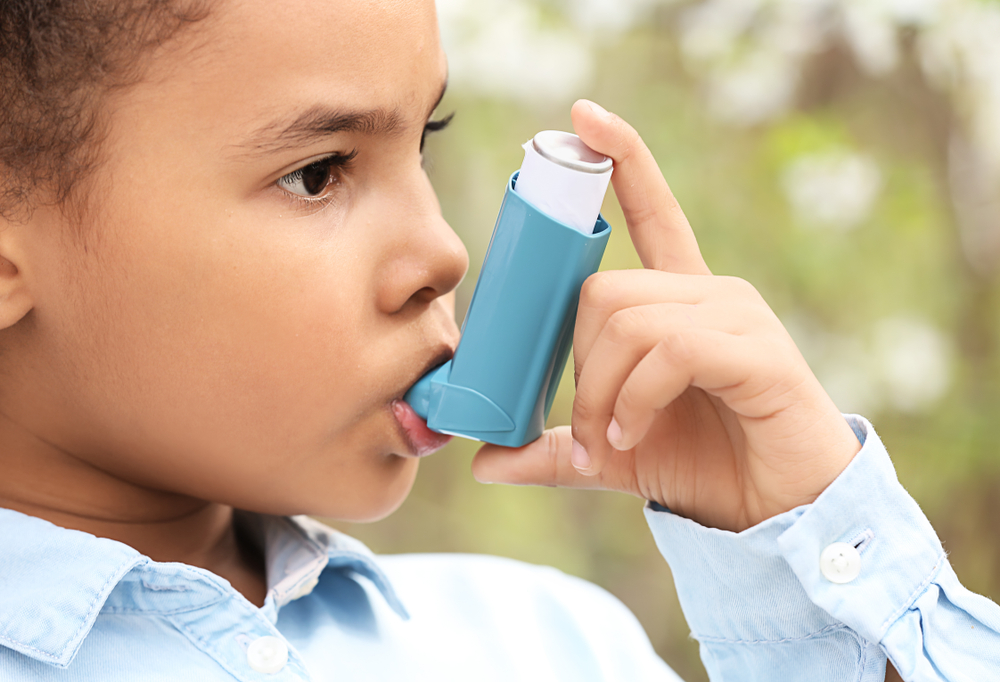Asthma is a common chronic condition affecting millions of children worldwide. While many parents worry about the long-term implications of their child’s asthma, there’s hope: some children do grow out of it. This article explores how children can grow out of asthma, factors influencing this process, and steps parents can take to support their child’s journey to better respiratory health.
Understanding asthma in children
Asthma is a condition where the airways become inflamed and narrowed, causing difficulty in breathing. It often presents with symptoms such as wheezing, coughing, shortness of breath, and chest tightness. These symptoms can be triggered by allergens, respiratory infections, physical activity, and environmental factors.
Factors influencing asthma in children
Several factors contribute to whether a child might grow out of asthma, including genetics, environment, and overall health. Understanding these factors can provide insight into the likelihood of asthma persistence or remission.
The role of genetics
Genetics play a significant role in asthma. Children with a family history of asthma or other allergic conditions are more likely to develop asthma themselves. However, genetics alone do not determine whether a child will grow out of asthma. It’s the interplay between genetics and environmental factors that often dictates the course of the condition.
Environmental influences
Environmental factors, such as exposure to allergens (like dust mites, pet dander, and pollen), pollutants, and respiratory infections, can trigger asthma symptoms. Reducing exposure to these triggers can help manage asthma and potentially increase the likelihood of outgrowing it.
Health and lifestyle
A child’s overall health and lifestyle choices also impact asthma. Regular physical activity, a balanced diet, and maintaining a healthy weight can improve lung function and overall health, potentially reducing asthma symptoms and aiding in outgrowing the condition.
Can children really grow out of asthma?
The possibility of children outgrowing asthma depends on various factors, including the severity of the condition and the child’s age at diagnosis. Studies show that about half of children with asthma experience significant improvement in their symptoms or remission by adolescence. However, this is not guaranteed for all children.
Early childhood asthma
Children diagnosed with asthma in early childhood are more likely to see improvements in their condition as they grow older. This is especially true for children with mild symptoms and fewer asthma triggers. Early intervention and effective management play crucial roles in this process.
Asthma in adolescence
For some children, asthma symptoms persist into adolescence and adulthood. These children often have more severe asthma or a stronger genetic predisposition. However, with proper management and lifestyle adjustments, they can still lead healthy lives.
Long-term outlook
Even if a child grows out of asthma, it’s essential to remain vigilant. Asthma can reappear later in life, especially if triggered by significant respiratory infections or exposure to allergens. Maintaining good respiratory health and regular check-ups with a healthcare provider are crucial.
Supporting your child in managing asthma
Parents play a vital role in helping their children manage asthma and potentially grow out of it. Here are some practical steps to support your child’s respiratory health:
Regular medical check-ups
Regular visits to a healthcare provider are essential for monitoring asthma and adjusting treatment plans as needed. Early and consistent management can help reduce the severity of symptoms and improve the chances of outgrowing asthma.
Medication adherence
Ensure that your child takes their prescribed asthma medications consistently. These medications help control inflammation and prevent symptoms. Missing doses can lead to uncontrolled asthma and increase the risk of long-term complications.
Identifying and avoiding triggers
Work with your child to identify their asthma triggers and take steps to avoid them. This might involve using air purifiers, keeping the home free of dust and allergens, and avoiding exposure to smoke and pollutants.
Encouraging a healthy lifestyle
Encourage your child to engage in regular physical activity, eat a balanced diet, and maintain a healthy weight. These lifestyle choices can strengthen the immune system, improve lung function, and reduce asthma symptoms.
Educating your child
Educate your child about asthma and how to manage it. Teach them to recognize early symptoms and use their inhaler correctly. Empowering your child with knowledge can help them take control of their condition.
Conclusion: A hopeful outlook for children with asthma
While asthma can be a challenging condition for children and their families, there is hope. Many children do grow out of asthma, especially with early intervention and effective management. By understanding the factors influencing asthma and taking proactive steps to support your child’s respiratory health, you can improve their chances of outgrowing the condition. Regular medical check-ups, medication adherence, avoiding triggers, and promoting a healthy lifestyle are all essential components of asthma management. With the right support and care, children with asthma can lead healthy, active lives and potentially leave their asthma symptoms behind.
This story was created using AI technology.
















